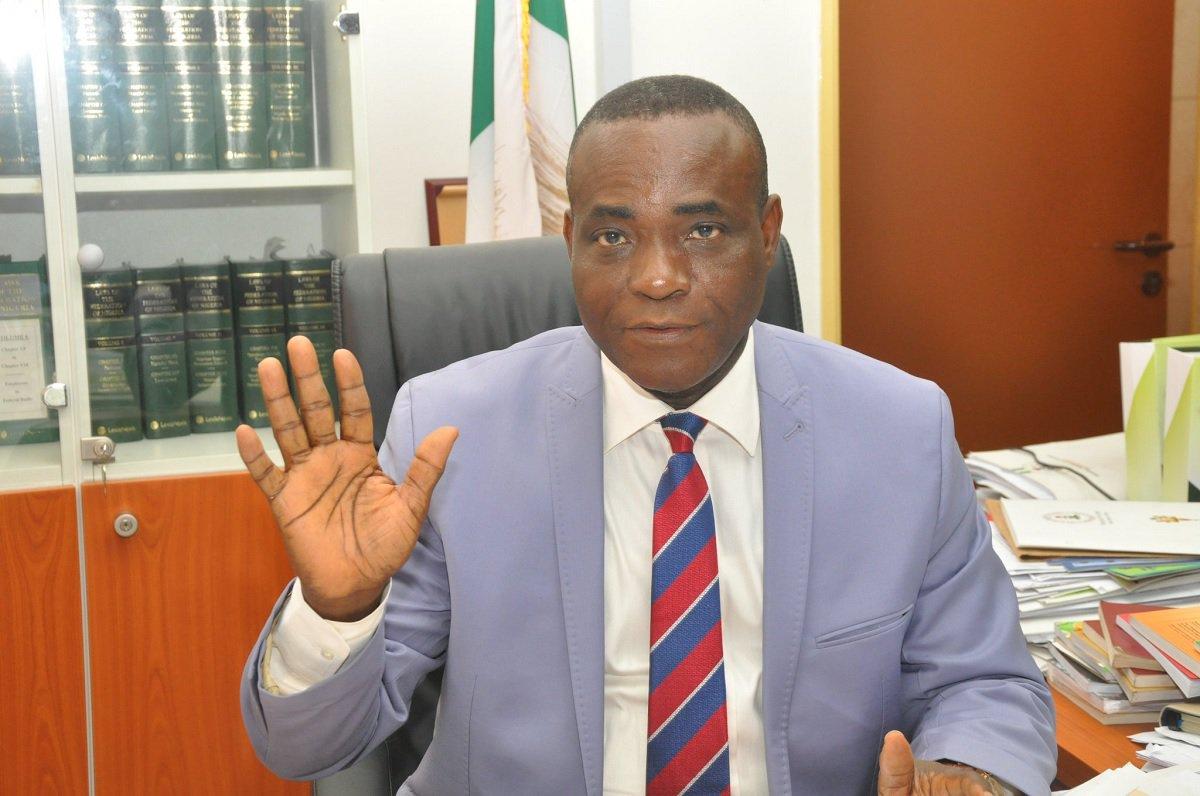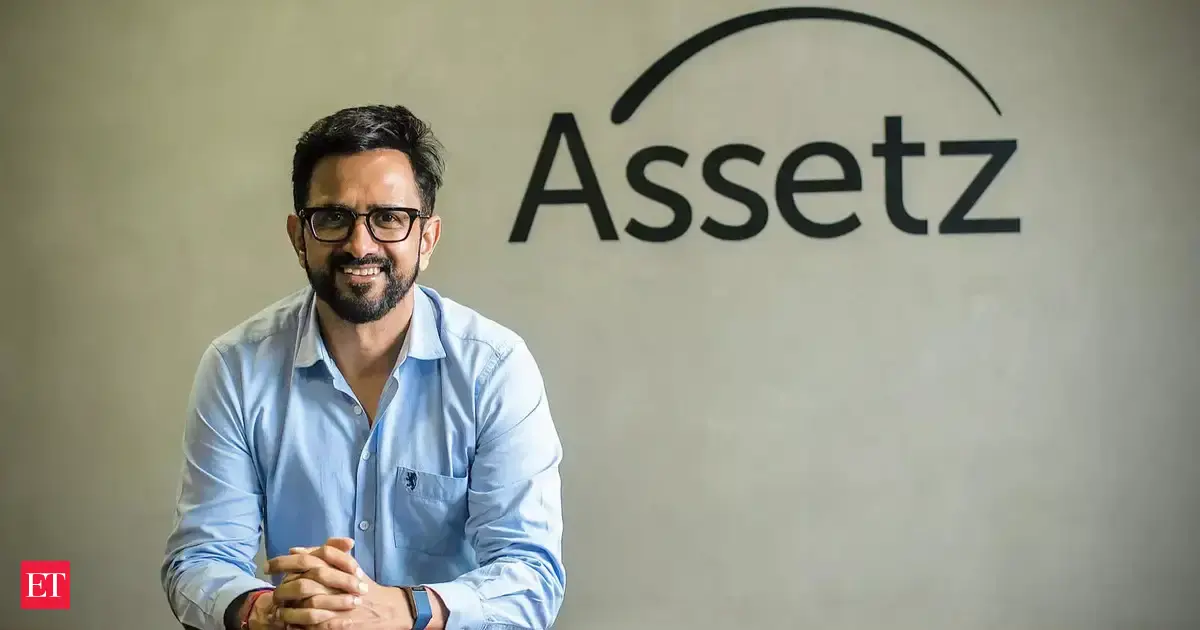By danivert
Copyright thesun

From Adesuwa Tsan, Abuja
Former Special Adviser to ex-President Muhammadu Buhari on National Assembly Matters, Senator Ita Enang, has faulted committees of the National Assembly for what he described as “exceeding their oversight powers” by delving into the affairs of private companies.
Enang, who served in both chambers of the legislature before becoming presidential liaison officer, said judicial pronouncements had already limited the powers of lawmakers in this regard.
He made this disclosure at the National Assembly while presenting a talk at a workshop organised by the Senate Press Corps on the theme, “Parliamentary reporting: Issues, challenges and responsibilities.”
Citing DHL International Nigeria Ltd v. Senate of the Federal Republic of Nigeria (2018), he recalled that Justice Ayokunle Faji held that private firms do not fall within the scope of Sections 88 and 89 of the 1999 Constitution, which empower the legislature to summon individuals or entities.
Similarly, he pointed to the Court of Appeal judgment in NECA v. Attorney General of the Federation, where Justice J.H. Sankey ruled that parliamentary oversight extends only to government bodies funded by public money, not to private companies.
“It is an abuse of power when committees descend into the arena of the executive or the private sector,” Enang said. He also aligned himself with a recent petition by the Nigeria Employers’ Consultative Association (NECA), which accused lawmakers of harassment through endless summons.
Beyond oversight, Enang turned his attention to the practice of parliamentary reporting, which he said should be treated with the same seriousness as covering national security.
“This is not an ordinary beat,” he stressed. “You must read the bills, know the Constitution, and understand parliamentary procedure. Otherwise, you are simply chasing controversies rather than reporting substance,” he charged the journalists.
He lamented that journalists often highlight side comments and quarrels in plenary while neglecting the main thrust of bills under debate but blamed lawmakers for failing to stick to the content of proposed laws.
“I have seen situations where a member comes to debate an amendment bill without even looking at the principal Act being amended. If you don’t understand the bill, how can journalists report it?” he asked.
The former lawmaker reminded reporters that they are “the institutional memory of the legislature” and that their coverage serves as precedent for new and returning members. He called for regular training through the National Institute for Legislative and Democratic Studies.
Enang warned against complacency in defending democracy, saying, “Do not think what the legislature or executive does is their business. It is your democracy. If you sit and do nothing, when problems come, it will fall on every head.”
The ex-senator, who once faced accusations of “stealing the budget” during his time as liaison officer, urged journalists to aspire beyond the press gallery and take a shot at political participation.
“Others have done it. Abike Dabiri was once a journalist like you. You too can,” he said.



